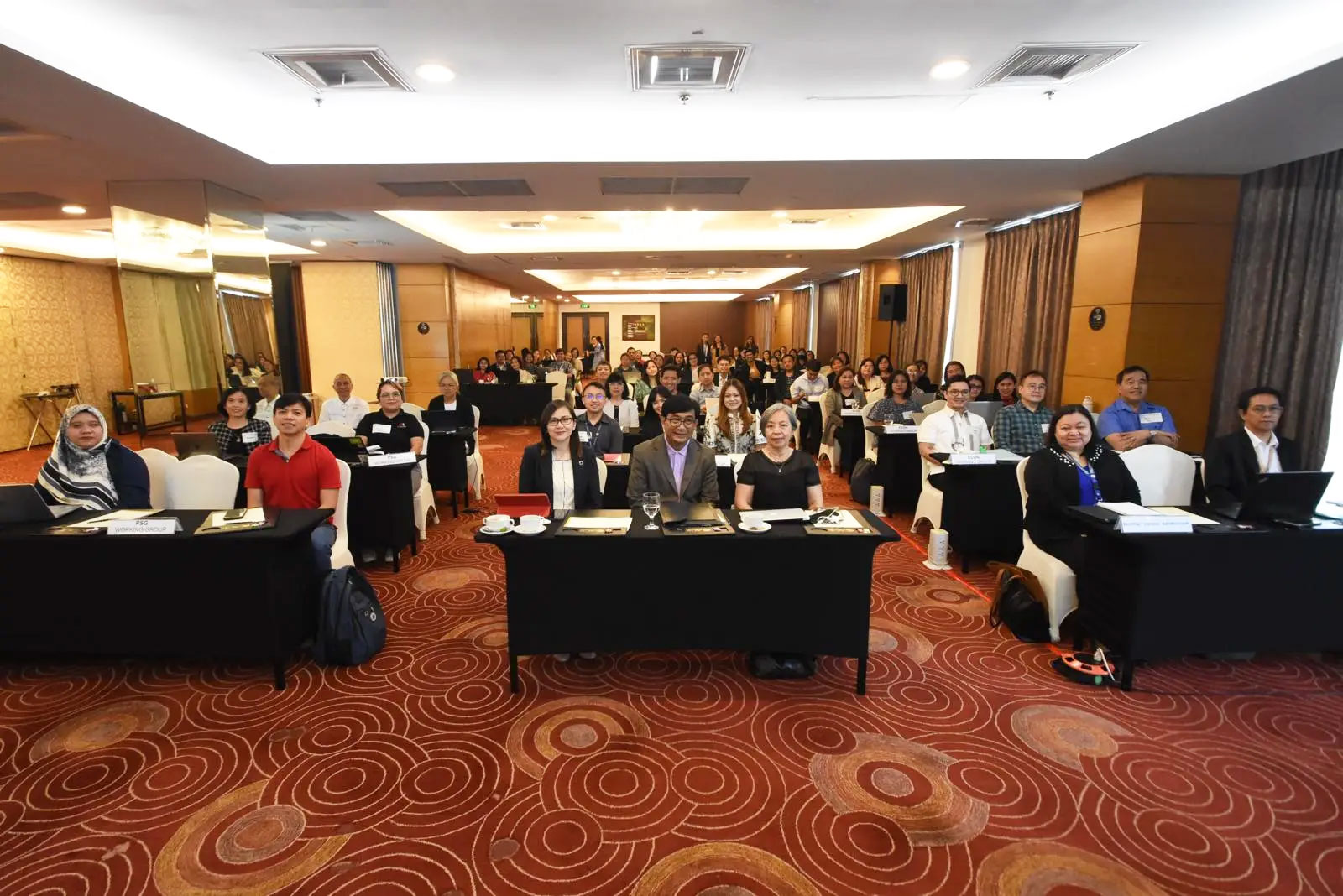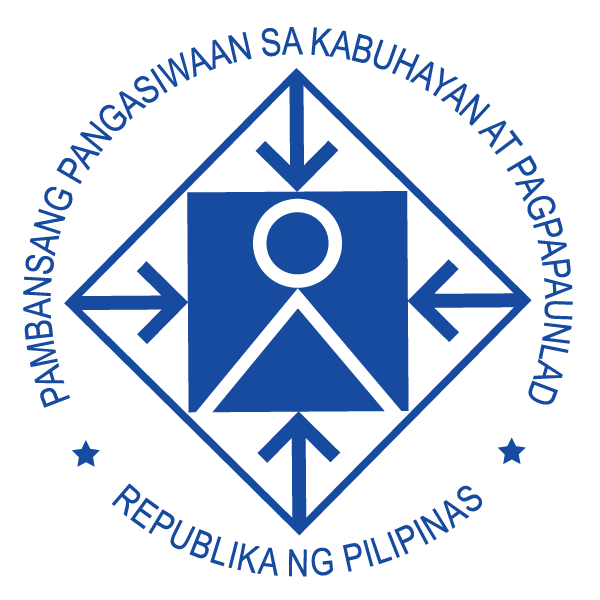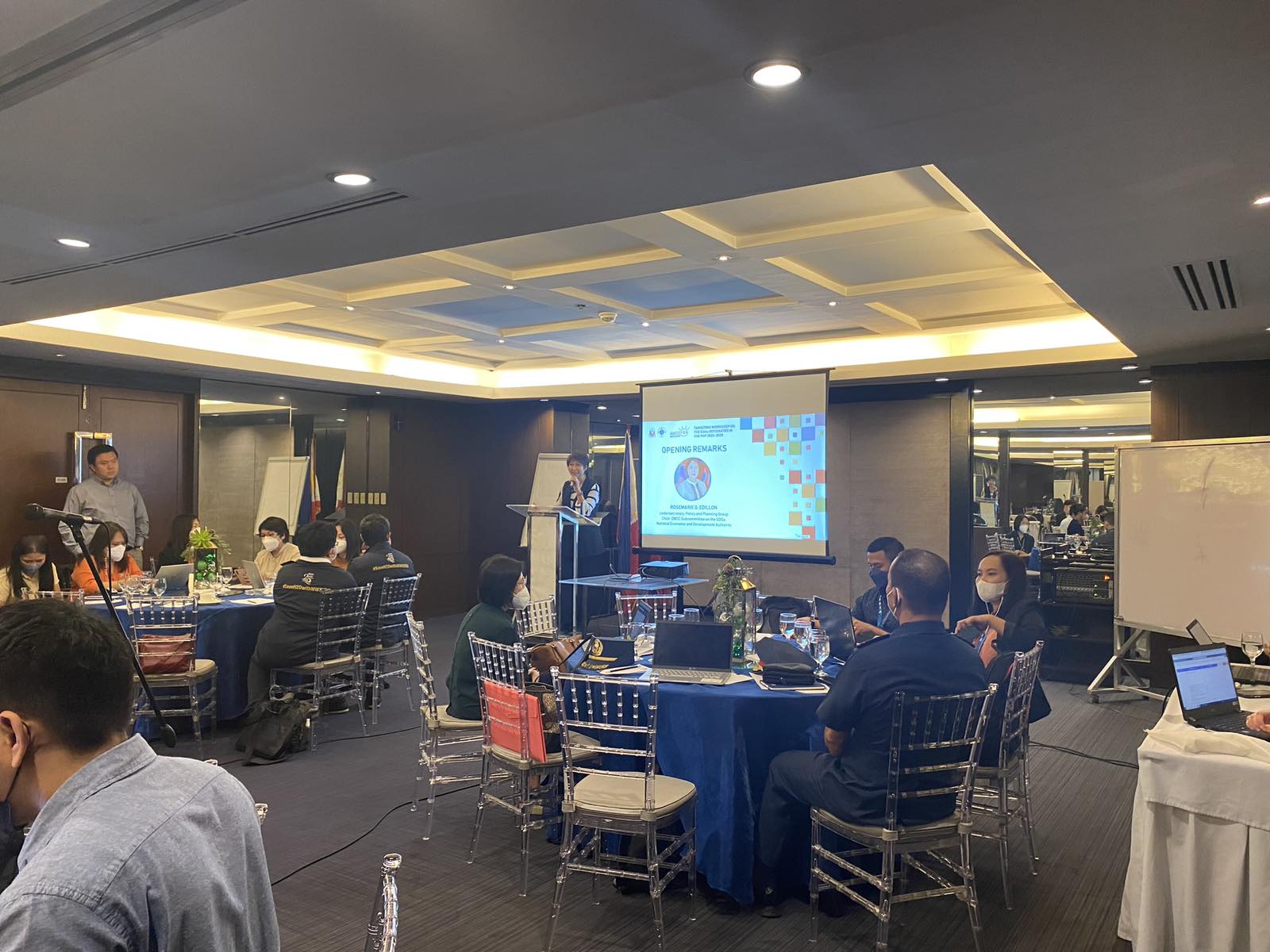Guidelines on the Localization of the PDP 2017-2022 Results Matrices and the SDGs
Related Articles

Central Luzon Regional Stakeholders’ Chamber on the SDGs convenes its organizational meeting
NEDA 3, as RDC III Secretariat, spearheaded the conduct of the organizational meeting of Regional Stakeholders’ Chamber on the Sustainable Development Goals (SDGs) on 25 September 2024 at Residencia Romero, City of San Fernando, Pampanga.

NEDA CONDUCTS WORKSHOP TO CRAFT FRAMEWORK FOR ACHIEVING SDGs
The National Economic and Development Authority (NEDA), as Secretariat of the Subcommittee on Sustainable Development Goals (SC-SDG) and its Stakeholders’ Chamber, held a workshop on Monday, September 30, 2024, to solicit ideas and inputs for the formulation of an indicator and strategy framework designed to guide non-government sector’s actions, as partners in achieving the SDGs.



